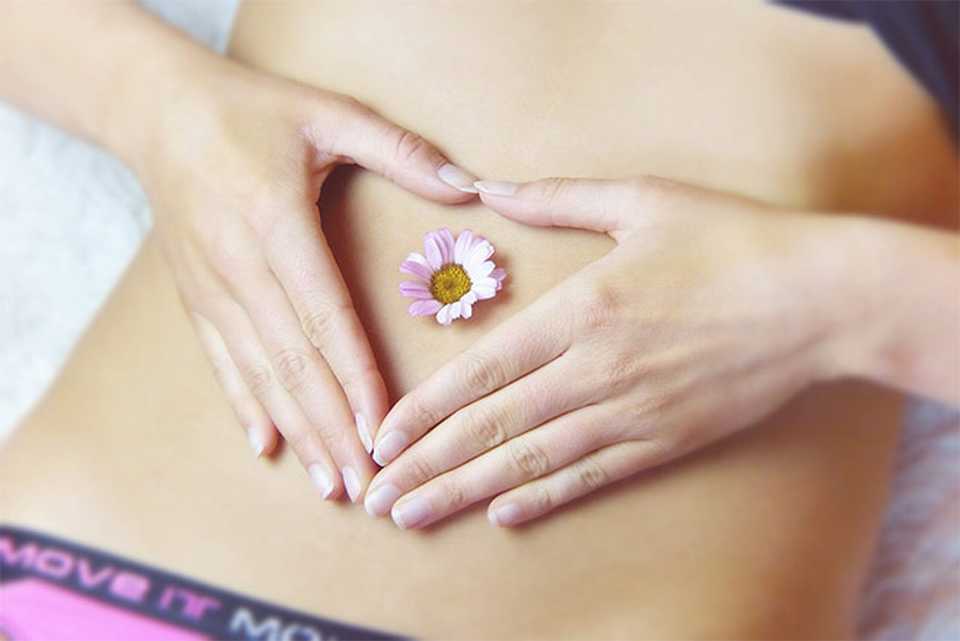While it is well-known that lifestyle and diet have an impact on our overall health, many people don’t realize that they are crucial for maintaining good hearing. As we age, our hearing can slowly deteriorate, especially in the older years. So small changes can make a huge difference in preventing hearing loss.
It’s not difficult to take steps to protect your hearing. These are some important principles that you should follow.
- Keep an eye on your weight
Research has shown that those with higher body mass (BMI) or larger waistlines are more likely than those who are thin to develop hearing problems. You can achieve and maintain a healthy weight by following a balanced and varied diet that includes appropriate portions.
- Get active
Regular exercise can help reduce your risk of hearing loss. However, being more active does not necessarily mean going to the gym or trying a new sport. Experts recommend at least two hours of moderately intense exercise each week. This can include walking, swimming or cycling, as well as aerobics and dancing.
- Lower your risk of developing diabetes
Adults with diabetes are twice as likely to experience hearing loss. Experts believe uncontrolled diabetes can cause hearing loss by damaging the nerves and blood vessels in the inner ear. You can reduce your chances of developing type 2 diabetes by being healthy and active.
- Get into the habit
A new study found that smokers are at a 15% greater risk of hearing loss than those who don’t smoke. It is important to stop smoking or reduce your exposure to tobacco smoke.
- Change the fats
It is possible to switch from saturated fats to monounsaturates or polyunsaturates, which will keep your arteries healthy and increase blood flow to your ears. This could also reduce your chance of hearing loss. Saturated fats can be found in full-fat dairy products, fatty meats, cakes, and biscuits. Monounsaturates can be found in olive oil, avocados and seeds, and polyunsaturates are found in pure vegetable oil and oil-rich fish.
- Embrace a low-GI diet
Studies have shown that high-GI and sugary diets can adversely affect hearing over the long-term. Reduce sugar intake and replace white bread with wholegrain versions that have more fibre and less energy.
- Include oil-rich foods
Omega 3 fats are good for your eyes and heart, as well as helping to prevent hearing loss. They are an essential part of a healthy diet. Two portions of fish per week is a good idea. One of the oil-rich species, such as salmon, mackerel or herring, should be consumed. Other forms of omega 3, such as flaxseeds or walnuts, are also available.
- Take enough B vitamins
High-frequency hearing loss has been linked to a deficiency in certain B vitamins, such as folate and vitamin B12. Vitamin B12 can be found in dairy products, fish, eggs, meats, fortified cereals, and milk products. Folate, or folic acid synthetically, is found in dark green leafy vegetable (e.g. sprouts and spinach, green beans, peas and oranges, fortified cereals and breads, yeast extracts, nuts, and pulses.
- Incorporate the antioxidants
Healthy ear cells are protected from damage by ‘free radicals.’ Antioxidant vitamins, minerals and minerals protect them. Vitamin C is found in citrus fruits, blackcurrants and berries, as well as vitamin E (vegetable oil, avocado, nuts, seeds), vitamin E (vegetable oil, avocado, and nuts), zinc (meat and poultry, shellfish and eggs), selenium (2 brazil nuts, fish and shellfish), and copper (3 nuts and shellfish).
View the larger picture
As we learn more about hearing loss, we also discover how it often coexists alongside other health conditions. It’s time to think about how we can nourish our ears and the rest of our bodies.
The Hearing Care Partnership is dedicated to helping you take best care of your hearing. Our services include free hearing evaluations and tinnitus consultations, as well as the most recent hearing aid technology. We can help you with any hearing problem. Please contact us to schedule an appointment with your local expert in hearing care.
About
Helen Bond is a free-lance State-Registered Dietitian, and spokesperson for British Dietetic Association. She has over 20 years of experience in PR and the NHS.






